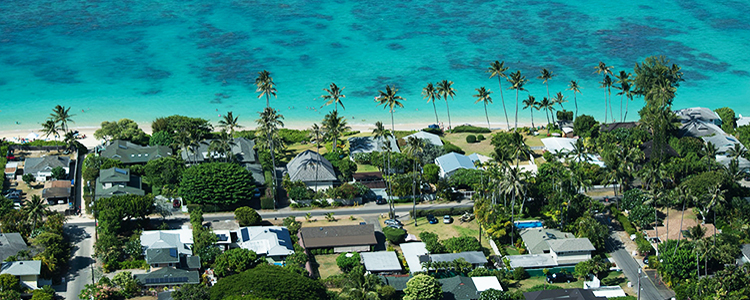Start of new county lodging tax in Hawaii may be delayed
- Sep 21, 2021 | Jennifer Sokolowsky

Counties in Hawaii working to implement a new lodging tax may be slowed down by the state, which reports it will not be able to collect the tax for the counties.
A new law, which went into effect July 1, allows counties to levy their own transient accommodations tax (TAT) surcharge of up to 3% in addition to the state’s current 10.25% TAT. Counties will no longer receive state TAT money, but will be able to raise their own funds via the county surcharge once they implement the new tax.
However, the state tax office does not have the authority to collect the taxes for the individual counties, the state Attorney General’s office recently stated. County leaders say this will create roadblocks and inefficiencies.
“We already have a process set in place, where the state can collect it, charge us for the administrative costs, they disperse the money to the counties — and we don't create all these redundancies,” said Kauaʻi Mayor Derek Kawakami.
“So we’re hoping that some way or another, we can just stay status quo and have the state Department of Taxation collect it, we pay state DOTAX for the manpower that’s needed, and the system that exists and already works,” Kawakami continued.
Maui officials estimate the new tax would bring in $50 to $70 million each year, and the county has been working quickly to adopt the new tax. On the Big Island, officials estimate they’d be able to make up for the loss of the current $19 million they receive annually in state TAT revenues by levying the tax.
Maui was planning to begin the new tax by October, but the new development from the state may delay that date. However, state lawmakers expressed that an agreement between the state and counties can still be worked out, and if not, legislators may amend the law in a special session.
The Legislature passed the state law in April but Governor David Ige vetoed it July 6. Lawmakers overrode that veto the same day it was passed.
Until the new county taxes are implemented, short-term rental income in Hawaii is subject to state TAT and general excise tax (GET). Vacation rental operators can pass these taxes on to guests, but hosts must register with the state, collect and pay the taxes, and file regular tax returns.
While short-term rental marketplaces such as Airbnb and Vrbo collect taxes on behalf of their hosts in many states, they’re not allowed to do so in Hawaii. That means hosts are responsible for taking care of tax obligations. MyLodgeTax can help Hawaii short-term rental hosts automate registration and filing for TAT and GET.
For more on lodging taxes in Hawaii, see our state Vacation Rental Tax Guide. If you have tax questions related to vacation rental properties, drop us a line and we’ll get back to you with answers.
Photo by Brian Garrity on Unsplash











